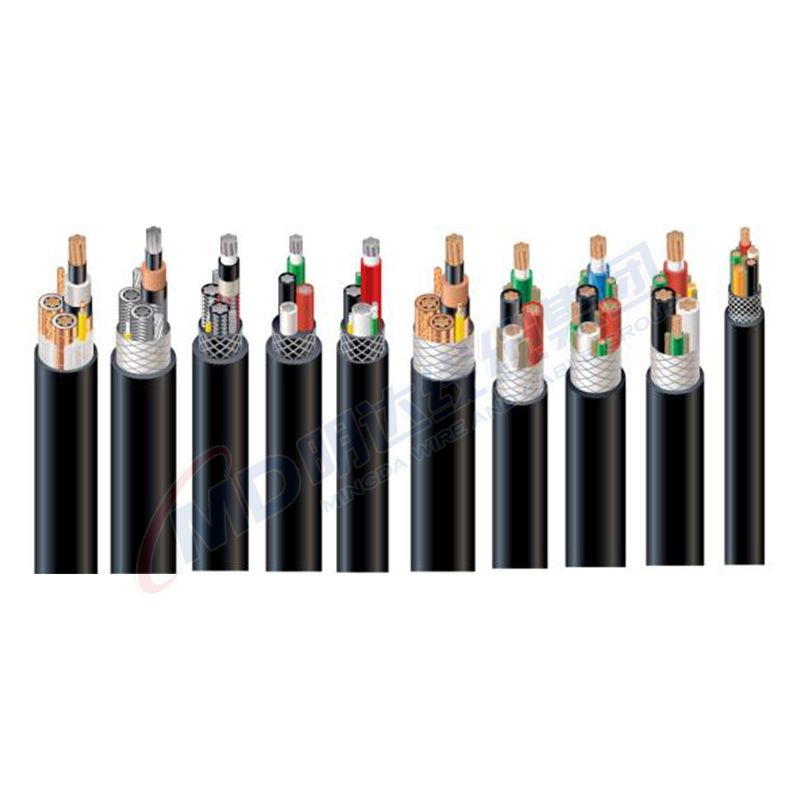10 月 . 10, 2024 02:15 Back to list
ball valve
Understanding Ball Valves Features, Applications, and Benefits
Ball valves are essential components in various industrial applications, renowned for their reliability and efficiency in controlling the flow of fluids. A ball valve consists of a spherical disc, known as the ball, which controls the flow of liquid or gas through it by rotating 90 degrees. This simple yet effective mechanism makes ball valves one of the most commonly used valve types in piping systems.
Key Features of Ball Valves
1. Design and Functionality The primary feature of a ball valve is its spherical disc, which has a hole through the center. When the valve is open, the hole aligns with the flow direction, allowing fluids to pass through. When closed, the ball rotates to block the flow, creating an effective seal. This design allows for quick operation, typically requiring just a quarter turn to open or close the valve.
2. Sealing Capability Ball valves are equipped with robust sealing mechanisms that ensure minimal leakage. The seals are designed to withstand high pressures and temperatures, making them suitable for various applications, including oil and gas, water supply, and chemical processing.
3. Material Versatility Ball valves can be made from a variety of materials, including stainless steel, brass, PVC, and carbon steel. This versatility allows for use in different environments and with various types of fluids, including corrosive substances.
4. Low Torque Requirement One of the significant advantages of ball valves is their low torque requirements for operation. This characteristic enables easier manual or automated control, improving overall efficiency in systems where valves need to be frequently operated.
Applications of Ball Valves
Ball valves find applications in many sectors due to their reliability and versatility. Here are some common areas where they are used
- Water and Wastewater Treatment In water treatment facilities, ball valves control the flow of water, ensuring that purification processes operate smoothly. They are also utilized in wastewater management systems to regulate the flow of effluent and sludge.
ball valve

- Oil and Gas Industry Ball valves are crucial in the oil and gas sector for managing the flow of various fluids, including crude oil and natural gas. Their ability to handle high-pressure environments makes them indispensable in this industry.
- Chemical Processing The chemical industry often deals with corrosive and hazardous materials. Ball valves made from specialized materials resist corrosion and maintain system integrity while safely managing fluid flow.
- Food and Beverage Industry In food processing, hygiene and safety are paramount. Ball valves manufactured from food-grade materials are used to control flow in processing lines, ensuring that products are produced safely and efficiently.
Benefits of Using Ball Valves
- Durability Ball valves are built to last. Their robust design and high-quality materials result in long service life and reduced maintenance costs.
- Efficiency With quick opening and closing capabilities, ball valves minimize downtime in operations, improving overall workflow efficiency.
- Space-saving Design The compact design of ball valves allows for easy installation in tight spaces, making them an ideal choice for systems where space is a premium.
- Versatility Their adaptability to different types of fluids and operating conditions makes ball valves suitable for a wide variety of applications across multiple industries.
In conclusion, ball valves are critical components in modern industrial systems, providing reliable performance for fluid control. Their unique design, material versatility, and low maintenance needs make them a popular choice for industries ranging from water treatment to oil and gas. As technology advances, the applications and efficiency of ball valves are expected to expand, further solidifying their role in fluid management systems.
Share
-
Understanding the Differences Between Wafer Type Butterfly Valve and Lugged Butterfly ValveNewsOct.25,2024
-
The Efficiency of Wafer Type Butterfly Valve and Lugged Butterfly ValveNewsOct.25,2024
-
The Ultimate Guide to Industrial Swing Check Valve: Performance, Installation, and MaintenanceNewsOct.25,2024
-
Superior Performance with Industrial Swing Check Valve: The Essential Valve for Any SystemNewsOct.25,2024
-
Industrial Swing Check Valve: The Ideal Solution for Flow ControlNewsOct.25,2024
-
You Need to Know About Industrial Swing Check Valve: Functionality, Scope, and PerformanceNewsOct.25,2024